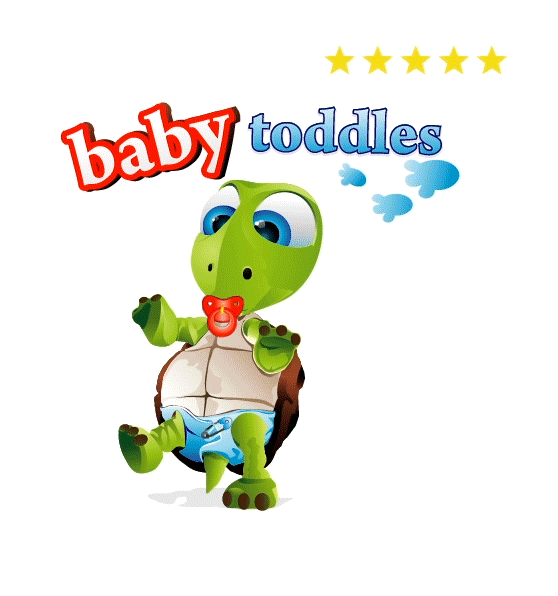Blog
Childhood Anxiety Disorder – How to Know If Your Child Is at Risk
As much as we want childhood to be a time of joy and happiness for children, we accept that life has its ups and downs and they’ll have to learn to handle the negative side of the emotional spectrum. No parent expects their child to go through life without experiencing some negative feelings. It’s just as true that childhood anxiety disorders exist.
One of the challenges a parent faces is helping their children grow and mature to handle difficult emotions gracefully and effectively without developing problems that might haunt them into adulthood.
As the world becomes more tumultuous, it appears that everyone is becoming more anxious. It’s just a shame that our kids are being dragged into it.
Anxiety, of course, is a feeling of tenseness or nervousness or even fear. It may be associated with an external event or situation or there may be no obvious cause.
In some situations anxiety is a reasonable response. Uncertainty over an outcome about something that’s important to us (such as a job interview) is understandable.
However anxiety can become so severe that it in effects incapacitates a person. When that happens, what used to be a reasonable response has become a problem – an anxiety disorder.
Although there are several indicators of an anxiety disorder, a very significant point to consider is whether of not the anxiety is so severe that it is interfering with the child’s normal functioning. If a child is so anxious they can’t live normally, we need to do our best to help them.
The difficulty for a parent is that it’s difficult to maintain a clear perspective because they’re so close to the child. This is one reason why it can be helpful getting input from other people who have the child’s best interest at heart but aren’t intimately involved in raising them.
To begin, you might want to look at Childhood Anxiety Disorder to learn the major categories of anxiety problems. Every parent should at least be aware of these possibilities.
There are also anxiety disorder symptoms you should be on the lookout for.
Perhaps more importantly if you’re concerned that your child already has an anxiety disorder you definitely should look at the Anxiety Free Child Review

